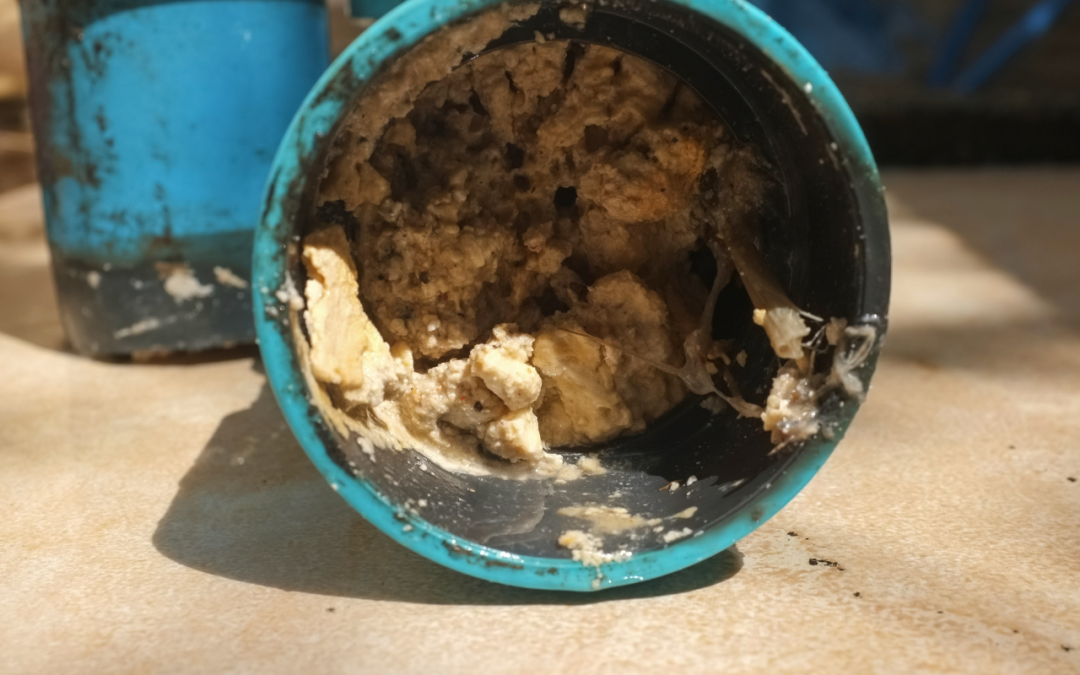Preventative Drain Maintenance: Keep Your Plumbing Flowing Smoothly
Maintaining your home's plumbing system is crucial to avoiding costly repairs and ensuring everything runs efficiently. One of the most effective ways to achieve this is through preventative drain maintenance. By taking proactive steps to care for your drains, you can prevent clogs, unpleasant odors, and even water damage. Here’s a comprehensive guide on how to keep your drains in top shape.
Why Preventative Maintenance is Important
Drain issues can lead to a host of problems, including:
Clogs: Accumulation of hair, grease, food particles, and other debris can create blockages, leading to slow drainage or complete stoppage.
Odors: Stagnant water in clogged drains can produce foul smells that permeate your home.
Water Damage: Backed-up drains can overflow, causing leaks and water damage to walls and floors.
Costly Repairs: Regular maintenance can help you avoid the high costs associated with emergency plumbing repairs.
Tips for Effective Drain Maintenance
Regular Inspections
Periodically check your drains for signs of trouble. Look for slow drainage, unusual noises, or foul smells. Early detection can save you from larger problems down the line. You can also talk to a local plumber and get a sewer video inspection.
Use Drain Screens
Install mesh screens over drains to catch hair, food particles, and debris. This simple addition can significantly reduce the likelihood of clogs.
Avoid Chemical Drain Cleaners
While tempting, chemical drain cleaners can damage your pipes over time. Instead, consider natural alternatives like baking soda and vinegar, which can help break down buildup without harming your plumbing.
Hot Water Flushes
Once a month, flush your drains with hot water. This helps dissolve grease and soap buildup that can accumulate over time, promoting better flow.
Know What Not to Flush
Be mindful of what goes down your drains. Avoid flushing items like paper towels, wet wipes, feminine hygiene products, and cooking grease. Educate your family members about proper disposal methods.
Regular Professional Maintenance
Schedule professional drain cleaning at least once a year. Plumbers have the tools and expertise to thoroughly clean and inspect your plumbing system, ensuring everything is functioning properly.
Keep Gutters and Downspouts Clear
Ensure your gutters and downspouts are free from debris. Clogged gutters can lead to water pooling around your foundation, potentially causing drainage issues in your home.
Landscape with Drainage in Mind
Consider your landscaping choices. Ensure that soil slopes away from your home to direct water away from your foundation and plumbing.
Conclusion: Invest in Your Plumbing Health
Preventative drain maintenance is a small investment of time and effort that can yield significant benefits for your home's plumbing system. By incorporating these tips into your routine, you can help ensure your drains function efficiently, reducing the risk of clogs and costly repairs. Remember, a little prevention goes a long way in keeping your plumbing system healthy and your home safe. If you ever encounter persistent drainage issues, don’t hesitate to contact a professional plumber for assistance.

